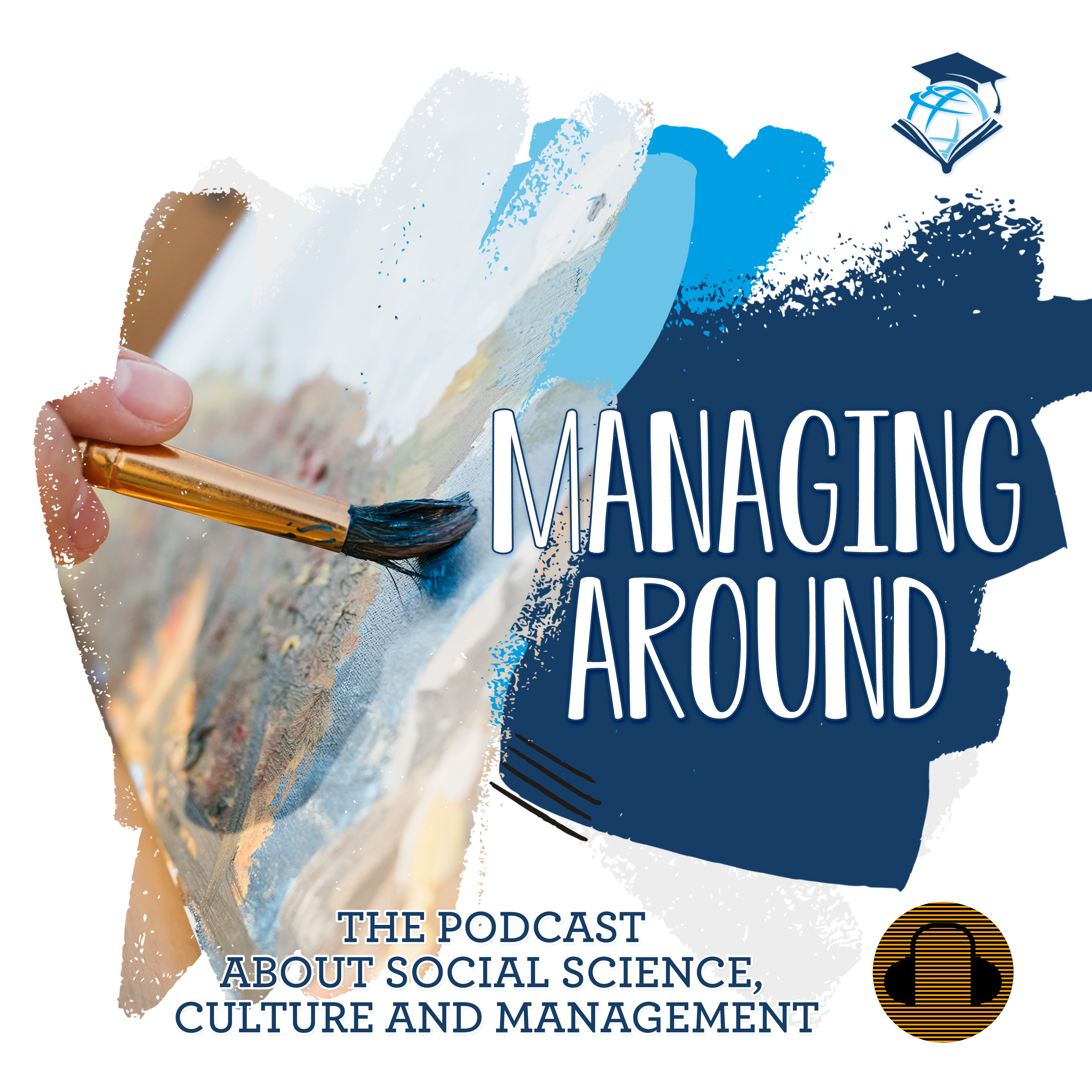In todays episode, we will first explore what leadership is and what approaches have been discussed in classical management literature. We will start today with the question of what leadership is and how the relationship between leaders and followers can be influenced.
This podcast reviews "A History of Management Thought" by Morgen Witzel, a graduate textbook on organization and management theory.
Would you believe me if I told you that in ancient Greece subjects like household management, economy, agriculture, religion, politics, and education were already addressed by one of the greatest philosophers of all times?
